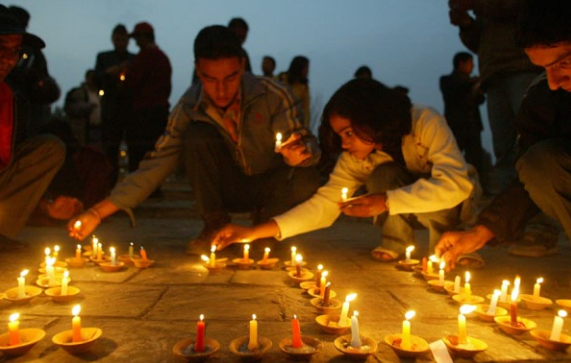Source: ICTJ
This report examines how and to what extent transitional justice approaches have engaged children and considered their needs and perspectives, analyzing the experience of truth-seeking mechanisms, criminal justice, reparations, and institutional reform. It is based on the distilled results of assessments in Colombia, the Ituri District of the Democratic Republic of the Congo (DRC), Liberia, and Nepal. Children are among the most affected in countries suffering from conflict or massive human rights violations. Children have the right to express their views and be considered in processes concerning them, including transitional justice. Yet, children and youth have not been systematically included as focus of transitional justice mechanisms. As part of a victim-centered approach, an assessment of the role and impact of violations on children and youth should be one of the key lenses used to understand the context, identify the needs, and inform the nature and function of a transitional justice measure. A childsensitive approach should be included early in the process of developing transitional justice measures, and addressing violations against children should be made an explicit part of their mandates. This involves allocating resources for expertise and administrative support and ensuring that children’s issues are considered appropriately where relevant. Even in cases where children are not among those most directly or severely affected by the violations, children are important stakeholders—especially in countries where they constitute a considerable part of the overall population or even the majority—and must therefore be adequately informed and consulted. The best interests of the child, concerns for their physical protection and psychosocial well-being and for confidentiality and anonymity must be considered when engaging children in transitional justice.
Download Full publication HERE: ICTJ-Children-Through-New-Lens-Aptel-Ladisch-2011-English


